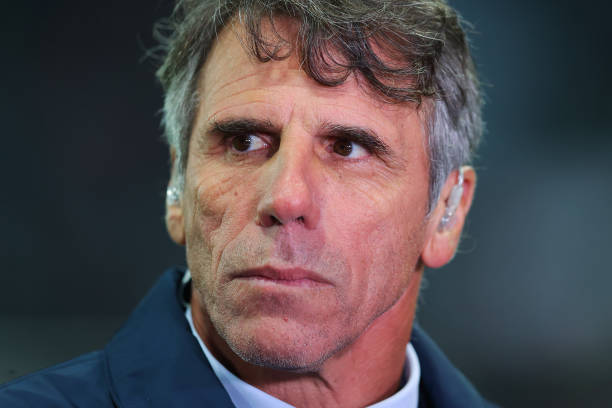FG eyes slice of OPay, Palmpay N47tn transactions
The Federal Government is targeting revenue from the fintech sector’s annual transactions estimated at N46.91 trillion.
The transactions will now be subjected to the Electronic Money Transfer Levy (EMTL) in compliance with the Federal Inland Revenue Service (FIRS) regulations.
From Monday, September 9, 2024, fintech companies, including Opay, Palmpay and Moniepoint, began imposing a N50 levy on all transactions of N10,000 and above.
Opay notified its customers stating, “Please be informed that starting September 9th 2024, a one-time fee of N50 will be applied to electronic transfers of N10,000 and above paid into your personal or business account, in compliance with the Federal Inland Revenue Service (FIRS) regulations.”
Read also: The future of Nigerian finTech
Moniepoint added, “A N50 fee would be charged on inflows you receive of N10, 000 and above from Monday, September 9, 2024. Your BRM is available to answer questions you might have.”
Other fintech companies are expected to follow suit and implement the EMTL on electronic transactions.
“This move affects everyone in the sector, and discussions around it have been ongoing since the current administration took office,” revealed a source familiar with the matter.
Digital banks, also known as Neobanks, initially attracted customers with the promise of almost instant, low-cost, or free transfers compared to traditional banks. For instance, OPay charges only N10 after the third transfer in a day, which has been a key factor in the rapid expansion of companies in this sector.
OPay and PalmPay, which operate as mobile money operators, have significantly simplified the payment process.
According to Adedeji Olowe, founder of Lendsqr, “Payment methods have become easier, faster, and better, and people are using them for everyday things.”
The Nigeria Inter-Bank Settlement Systems (NIBSS) said that licensed mobile money operators, including Opay, Palmpay, and 15 others, processed N46.91 trillion in 2023, up from the N19.4 trillion transactions recorded in 2022.
Read also: Here are 10 fintechs driving e-payment boom in Nigeria
Among these operators, OPay and PalmPay stand out as the leading non-mobile network operators-led mobile money providers in Nigeria, according to the GSMA, the global association for telecom operators.
Moniepoint operates its agency banking under a microfinance banking licence. The EMTL, introduced in the Finance Act 2020 as an amendment to the Stamp Duty Act, is a N50 charge on electronic receipts or transfers of N10,000 and above deposited in any bank or financial institution. The levy, which targets the growing volume of electronic transfers, brought in N180.31 billion for the Federal Government in 2023—a 29.45 percent increase from the N136.35 billion target. Revenue from EMTL is shared among the three tiers of government.
The growth in EMTL revenue is expected to be fuelled by further increases in cashless transactions in the country, especially with the Central Bank of Nigeria (CBN) anticipating a slowdown in cash usage by 2025.
By the end of 2023, cashless transactions surged to over N600 trillion, from N395.38 trillion in 2022, as more Nigerians adopted digital payment channels. This trend continued into 2024, with transactions growing by 88.09 percent to N237 trillion in the first quarter (Q1) of 2024.
However, EMTL revenues have not kept pace with this growth. In 2024, the government generated N66.35 billion from EMTL between January and April, the same amount as in the corresponding period of 2023. Experts suggest that this is because some transactions were below N10,000 and thus were not subject to the levy, or occurred on platforms not subjected to the tax.
Read also: Fintechs should leverage partnerships to explore new markets — ChipperCash CEO
Industry analysts believe this new measure will bring more transactions under the EMTL’s purview, potentially increasing government revenue. The government aims to collect N157.59 billion from the levy in 2024, but some experts warn that the move may negatively impact neobanks, whose appeal lies in their low or zero transfer fees.








